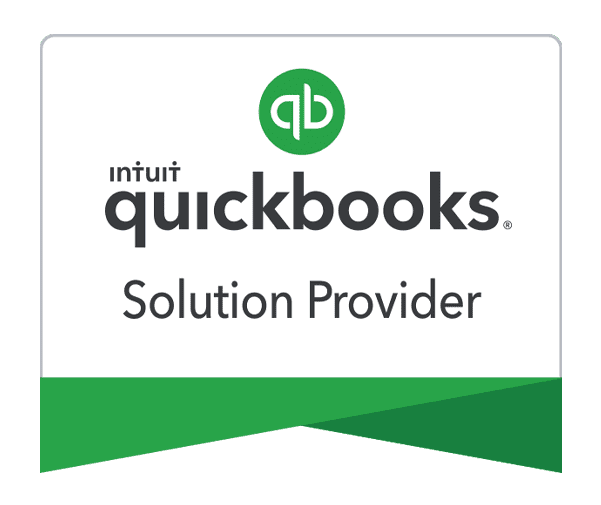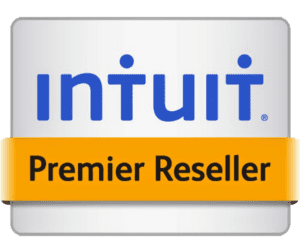Days sales outstanding (DSO) is a key metric that measures the average number of days it takes a company to collect payment after a sale. A high DSO indicates inefficiency and potential cash flow problems, whereas a low DSO signifies a well-managed accounts receivable process. For companies using NetSuite, leveraging payment automation can significantly reduce DSO, ensuring smoother financial operations and enhanced liquidity.
Implementing payment automation in NetSuite can streamline the invoicing and collection process, reduce human error, and expedite payments. By automating various aspects of accounts receivable, businesses can minimize delays, improve accuracy, and ultimately decrease their DSO. Here are several strategies to achieve this.
Automate Invoice Generation and Delivery
Automating invoice generation and delivery in NetSuite ensures that invoices are created and sent to customers promptly. When invoices are generated automatically, they are less likely to contain errors that could delay payment. Furthermore, automated delivery via email or other electronic methods ensures that customers receive their invoices instantly, reducing the time between sale and payment initiation.
By integrating with NetSuite, automated systems can generate invoices based on predefined templates and rules, ensuring consistency and accuracy. Additionally, sending invoices electronically provides a record of delivery, which can be useful for follow-up and auditing purposes.
Implement Electronic Payment Methods
Encouraging customers to use electronic payment methods can significantly reduce DSO. NetSuite’s payment integration allows businesses to accept various forms of electronic payments, such as credit cards, ACH transfers, and digital wallets. These methods are faster and more secure than traditional check payments, reducing the time it takes for payments to clear.
Electronic payments can be automatically matched with open invoices in NetSuite, streamlining the reconciliation process. This automation reduces manual workload and minimizes the risk of errors, ensuring that payments are accurately recorded and applied.
Utilize Payment Portals
Providing customers with access to a self-service payment portal can expedite the payment process. NetSuite’s integrated payment portals allow customers to view their outstanding invoices, make payments online, and track their payment history. This convenience can encourage prompt payment, as customers can easily manage their accounts and make payments at their convenience.
Payment portals also offer transparency, enabling customers to resolve any discrepancies or issues before they become significant problems. By giving customers control over their payments, businesses can reduce delays and improve cash flow.
Set Up Automated Payment Reminders
Automated payment reminders are an effective way to reduce DSO. NetSuite can be configured to send reminders to customers at various intervals before and after the invoice due date. These reminders can include links to the payment portal, making it easy for customers to settle their accounts.
By automating payment reminders, businesses can ensure consistent follow-up without manual intervention. This consistency can improve the likelihood of on-time payments and reduce the need for collection efforts.
Offer Early Payment Discounts
Incentivizing early payments with discounts can be a powerful tool for reducing DSO. NetSuite allows businesses to set up and manage early payment discount programs, encouraging customers to pay their invoices ahead of the due date. These discounts can be automatically calculated and applied to invoices, simplifying the process for both the business and the customer.
Early payment discounts not only improve cash flow but also enhance customer satisfaction by rewarding prompt payment. By automating the discount calculation and application, businesses can reduce administrative burden and ensure accuracy.
Integrate with Customer Relationship Management (CRM) Systems
Integrating NetSuite with CRM systems can provide valuable insights into customer behavior and payment patterns. This integration allows businesses to identify high-risk customers and take proactive measures to ensure timely payments. For instance, businesses can set up alerts for customers who consistently pay late and implement targeted follow-up strategies.
By leveraging CRM data, businesses can tailor their payment automation strategies to address specific customer needs and behaviors. This personalized approach can improve customer relationships and reduce DSO.
Use Data Analytics for Improved Decision-Making
Data analytics can play a crucial role in reducing DSO. NetSuite’s robust reporting and analytics capabilities allow businesses to monitor key metrics and identify trends. By analyzing payment data, businesses can gain insights into payment cycles, identify bottlenecks, and implement corrective actions.
Analytics can also help businesses forecast cash flow and plan accordingly. By understanding payment patterns, businesses can make informed decisions about credit policies, collection strategies, and cash flow management.
Streamline Dispute Resolution
Efficient dispute resolution is essential for reducing DSO. Disputes over invoices can delay payments and negatively impact cash flow. NetSuite’s integrated payment automation solutions can streamline the dispute resolution process by providing clear and accurate records of transactions.
Automated workflows can route disputes to the appropriate personnel for resolution, ensuring timely and effective handling. By minimizing the time taken to resolve disputes, businesses can accelerate payment collection and reduce DSO.
Enhance Security and Compliance
Security and compliance are critical considerations in payment processing. NetSuite’s payment automation solutions include robust security features to protect sensitive financial data. Compliance with industry standards and regulations, such as PCI-DSS, ensures that payment processing is secure and reliable.
By automating payment processing and ensuring compliance, businesses can reduce the risk of fraud and errors. This reliability can build customer trust and encourage prompt payment, ultimately reducing DSO.
Ready for NetSuite Payment Integration?
Implementing NetSuite payment integration can significantly reduce DSO and offer numerous other benefits. By automating invoicing, payment processing, and reconciliation, businesses can streamline operations, enhance accuracy, and improve cash flow. NetSuite’s advanced features, such as electronic payment methods, payment portals, and data analytics, provide a comprehensive solution for managing accounts receivable.
If you are ready to set up NetSuite payment integration to reduce DSO and enjoy other advanced features, contact Paygration. Our team can help you implement the right integration for your business, ensuring a seamless and efficient process. Call 866-949-7267 or schedule a free demo below to get started.

















